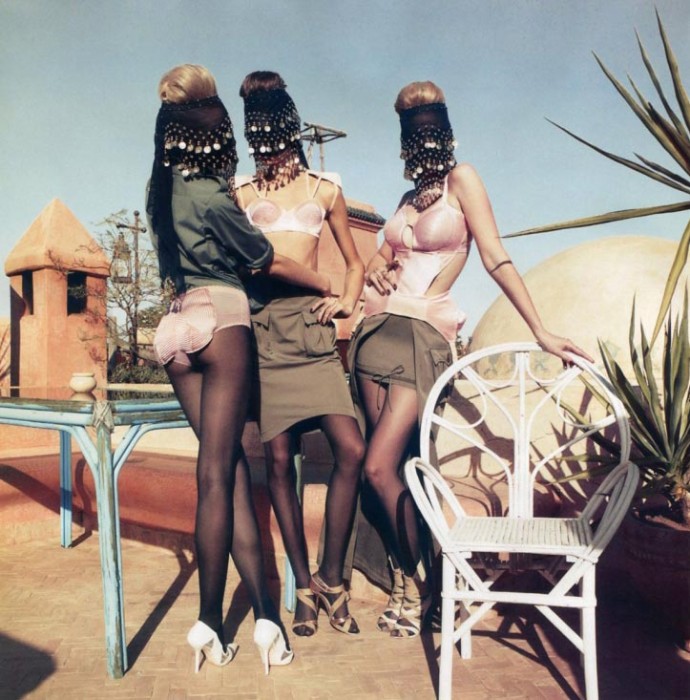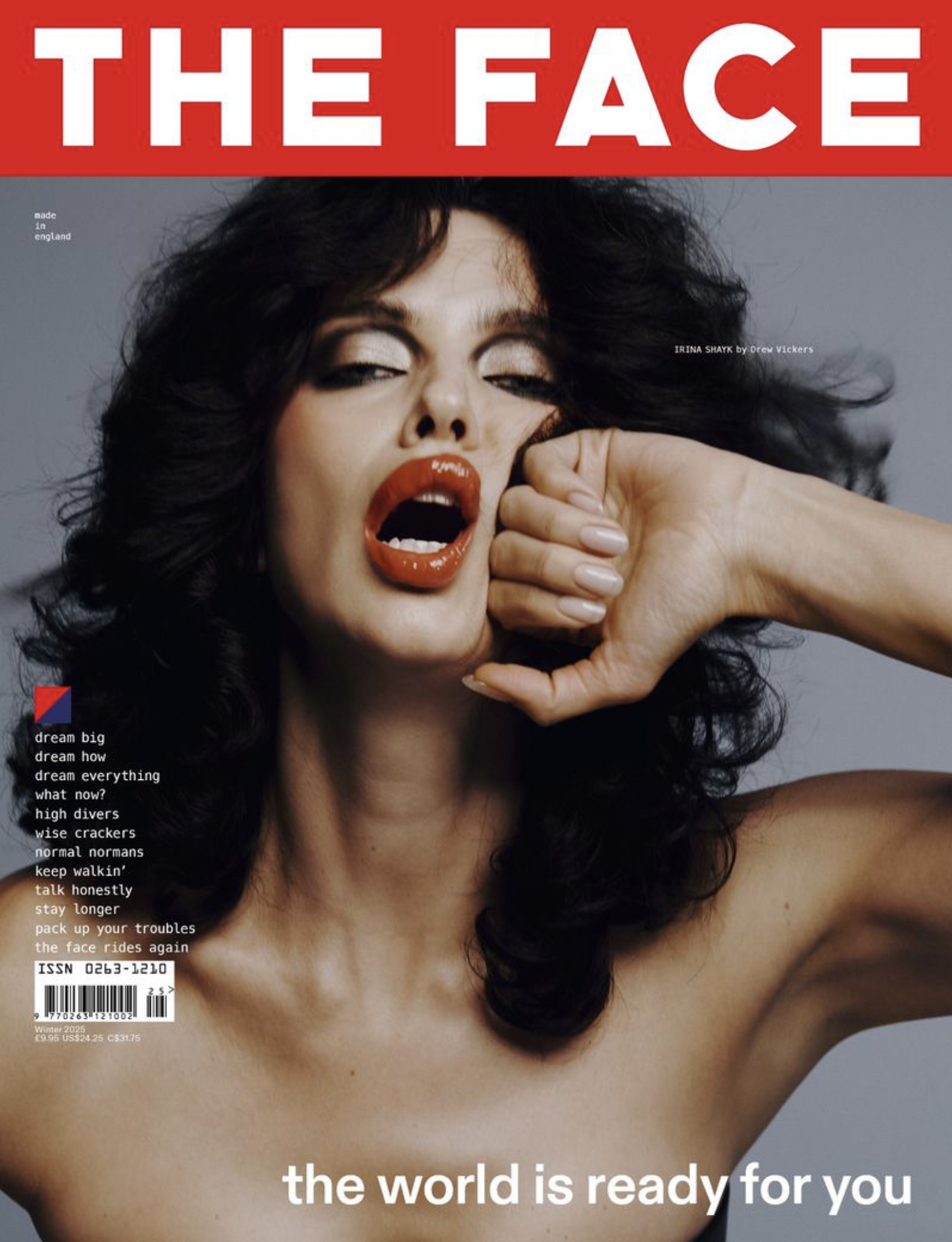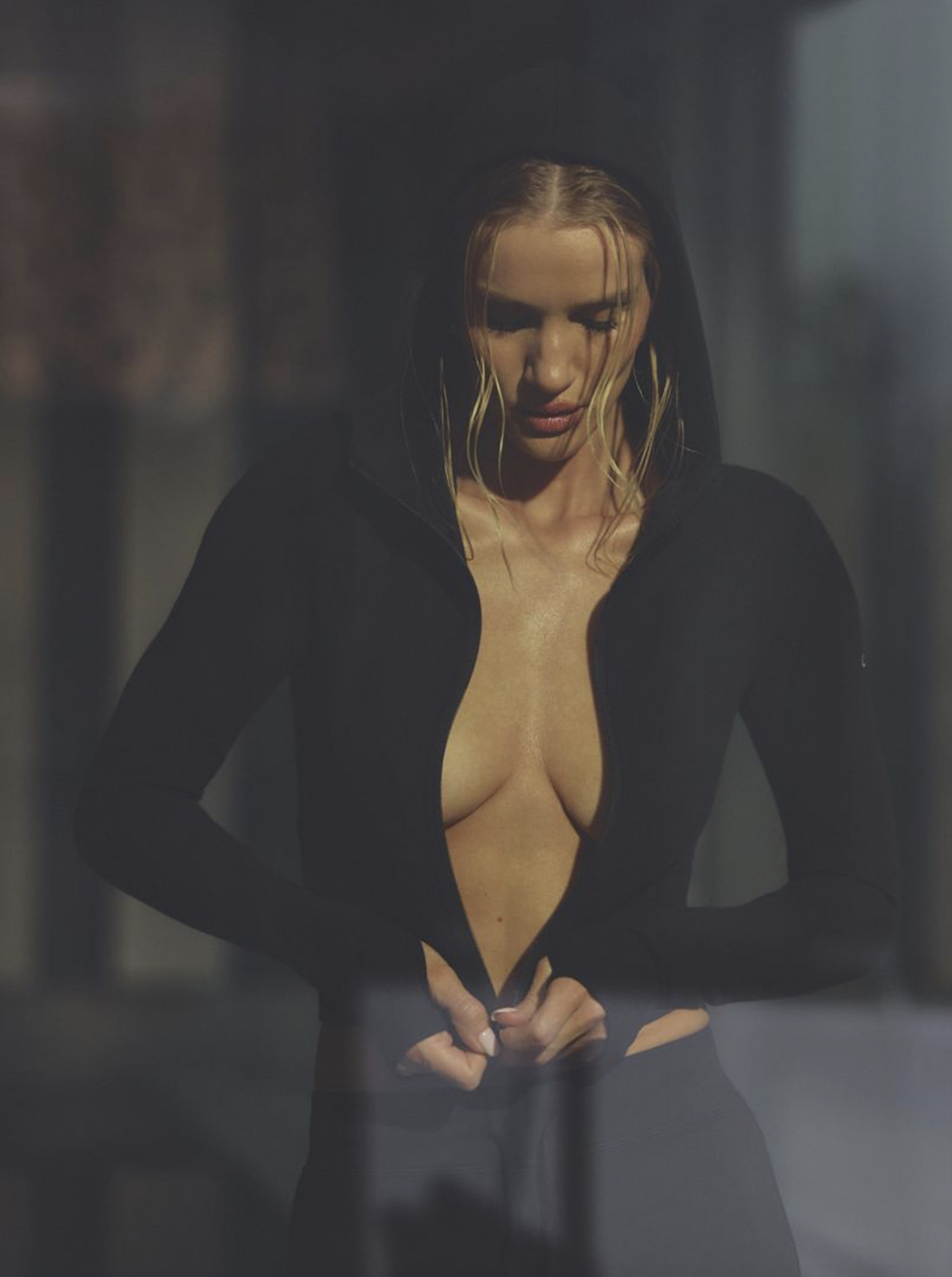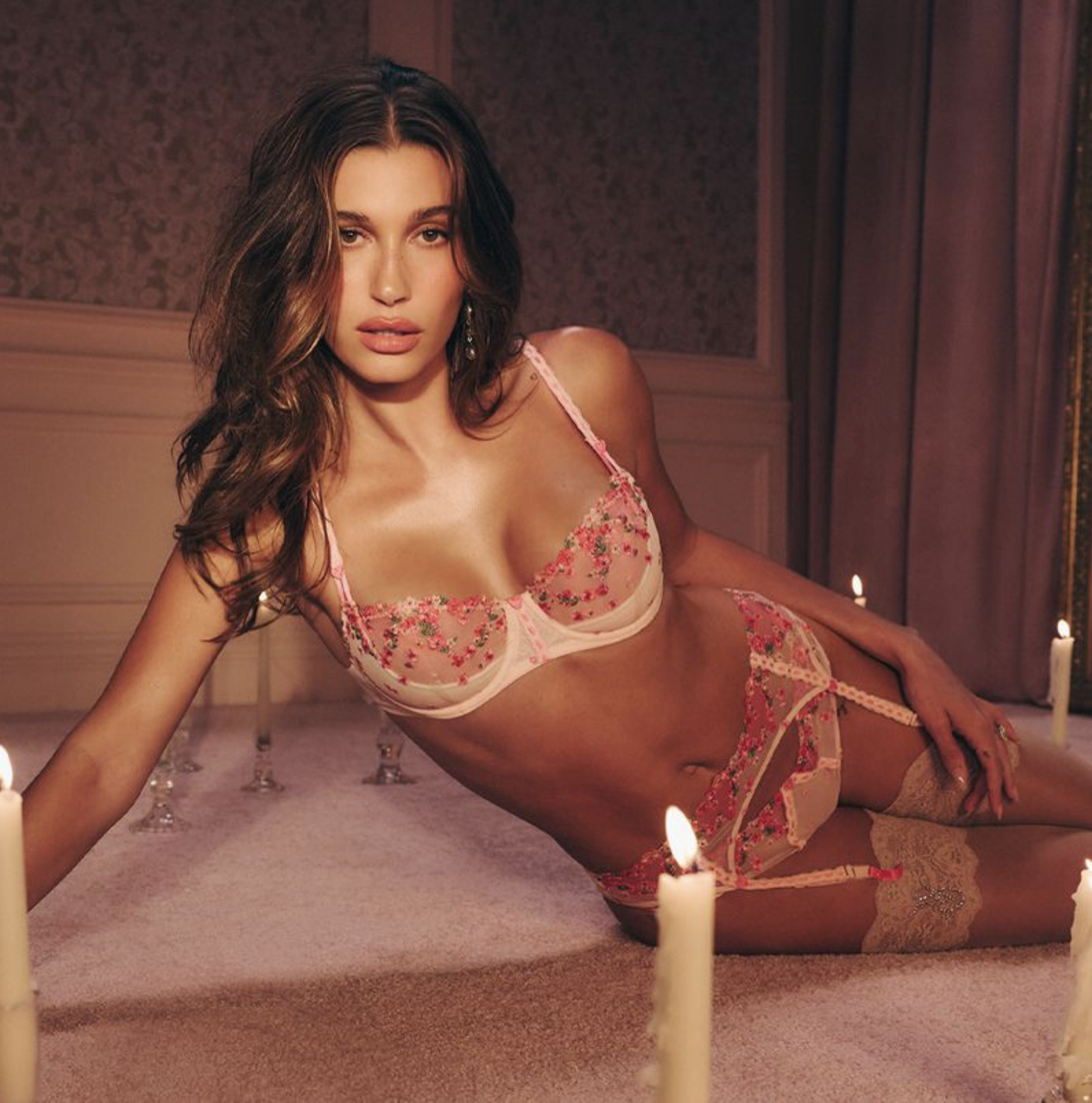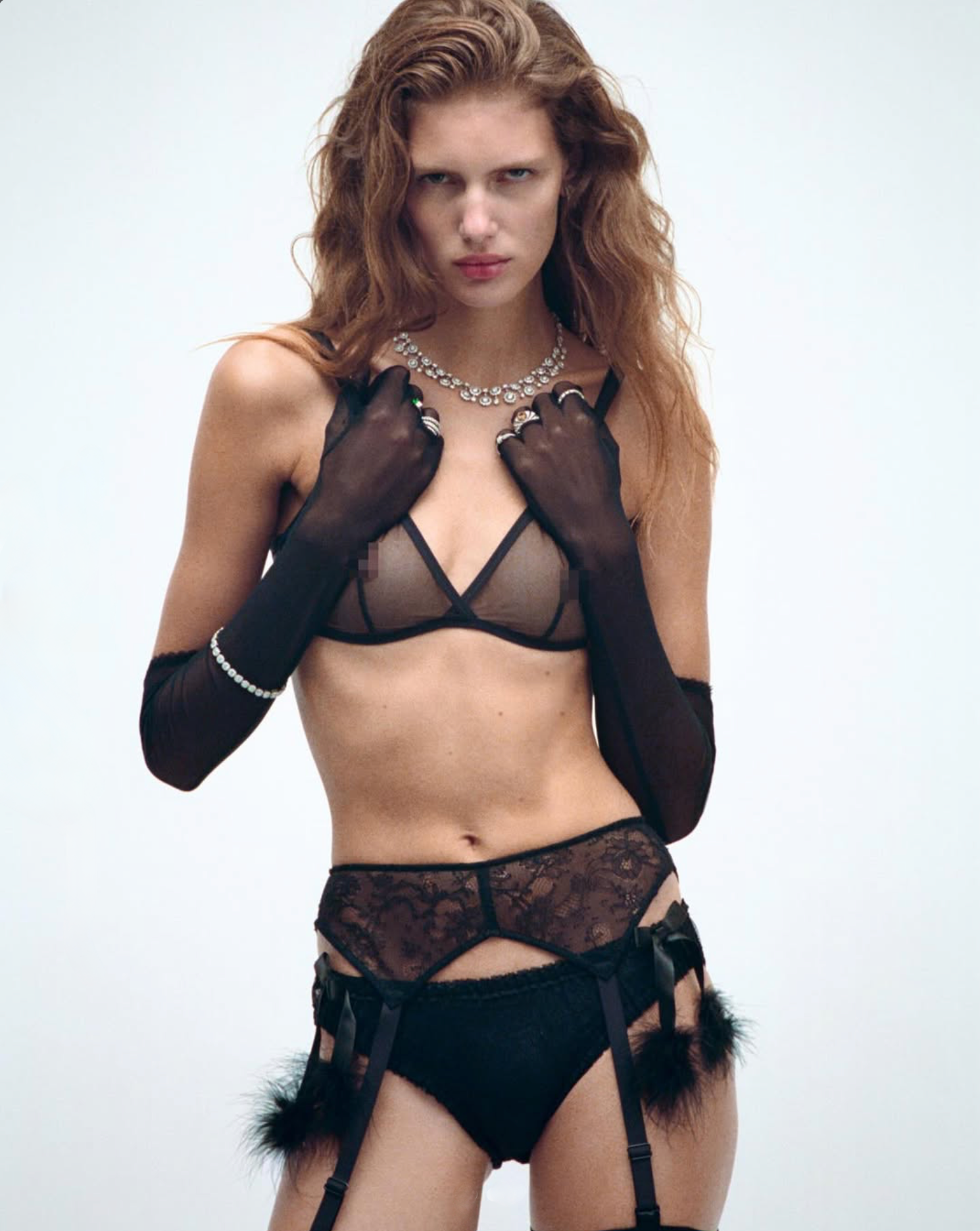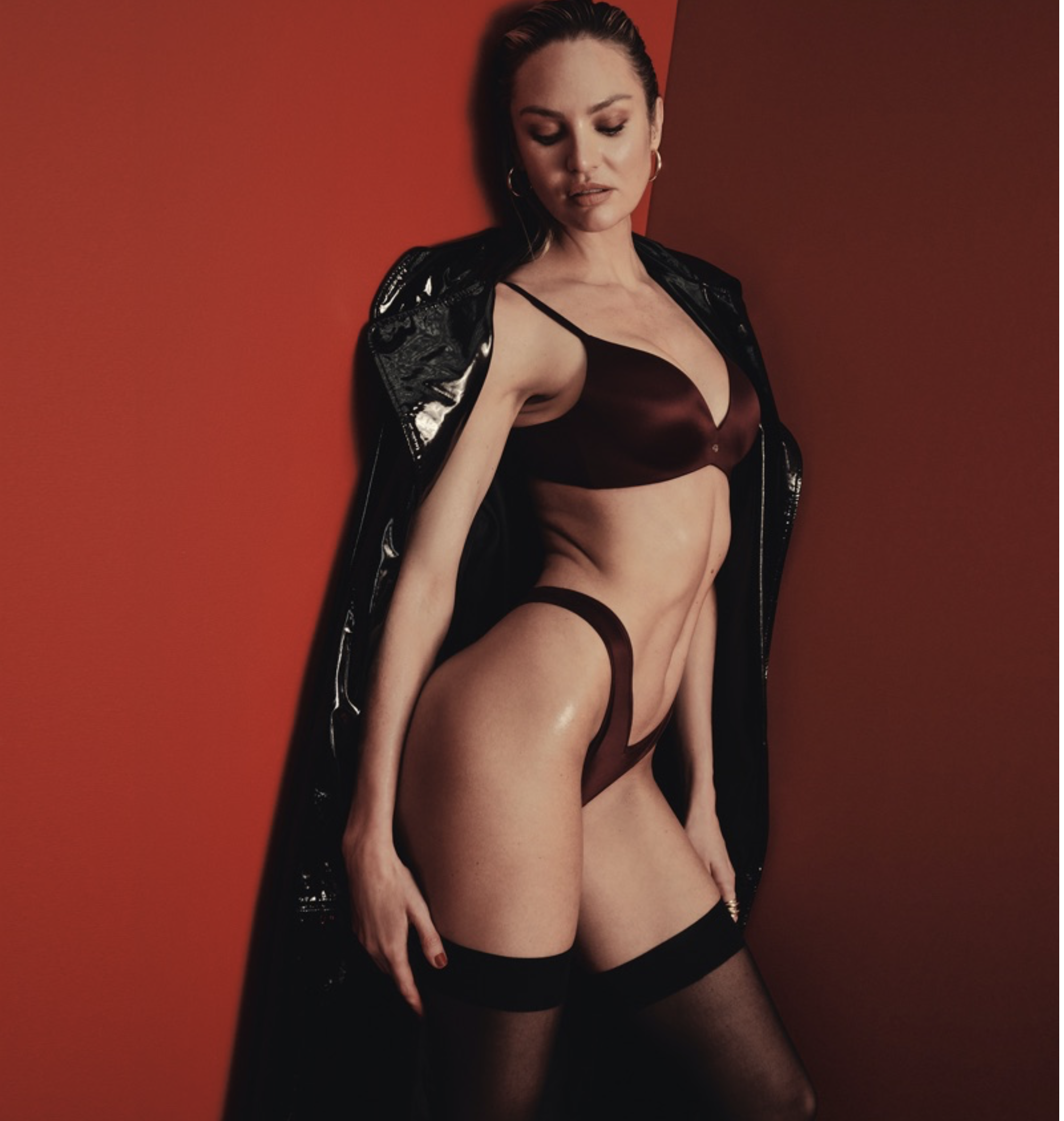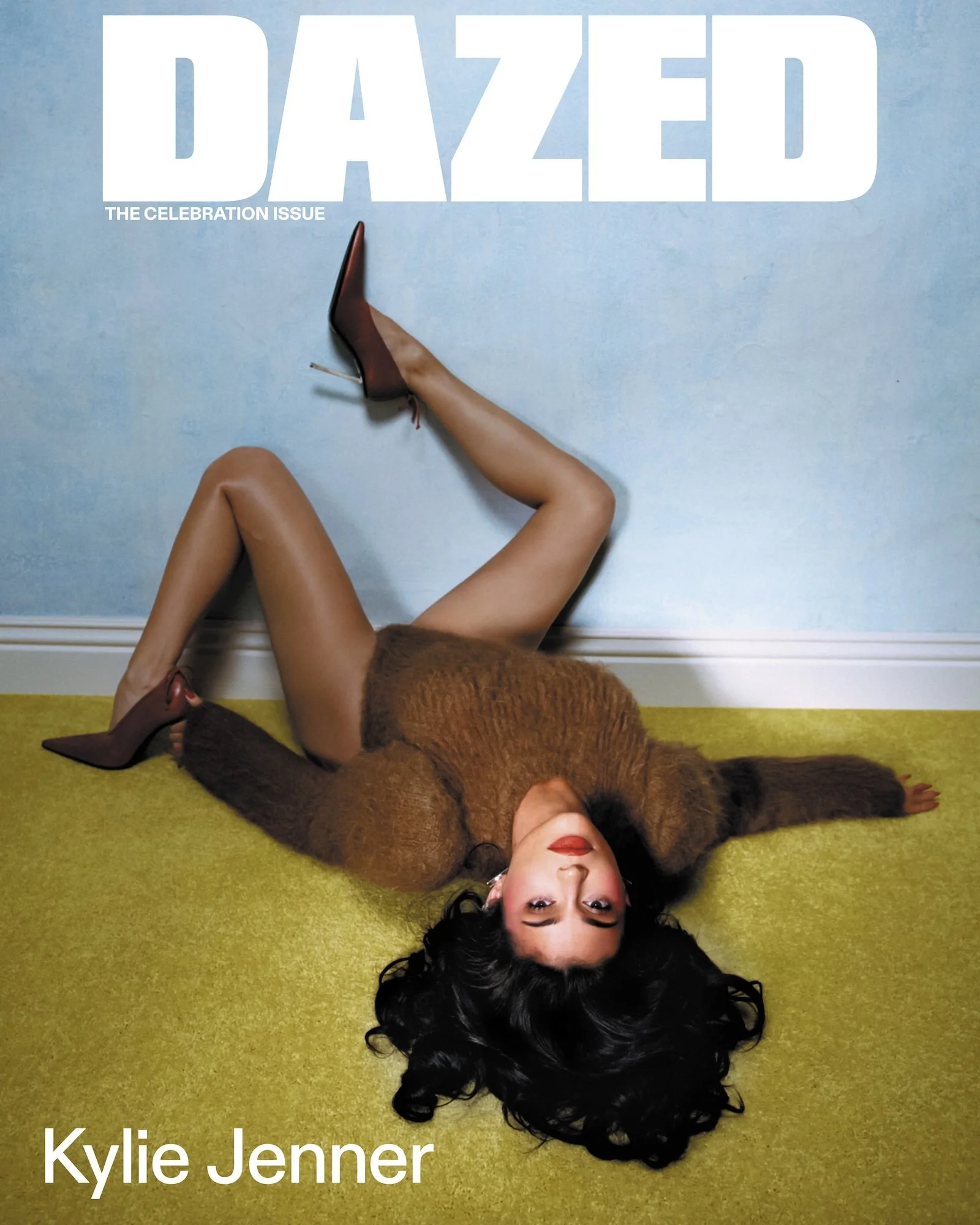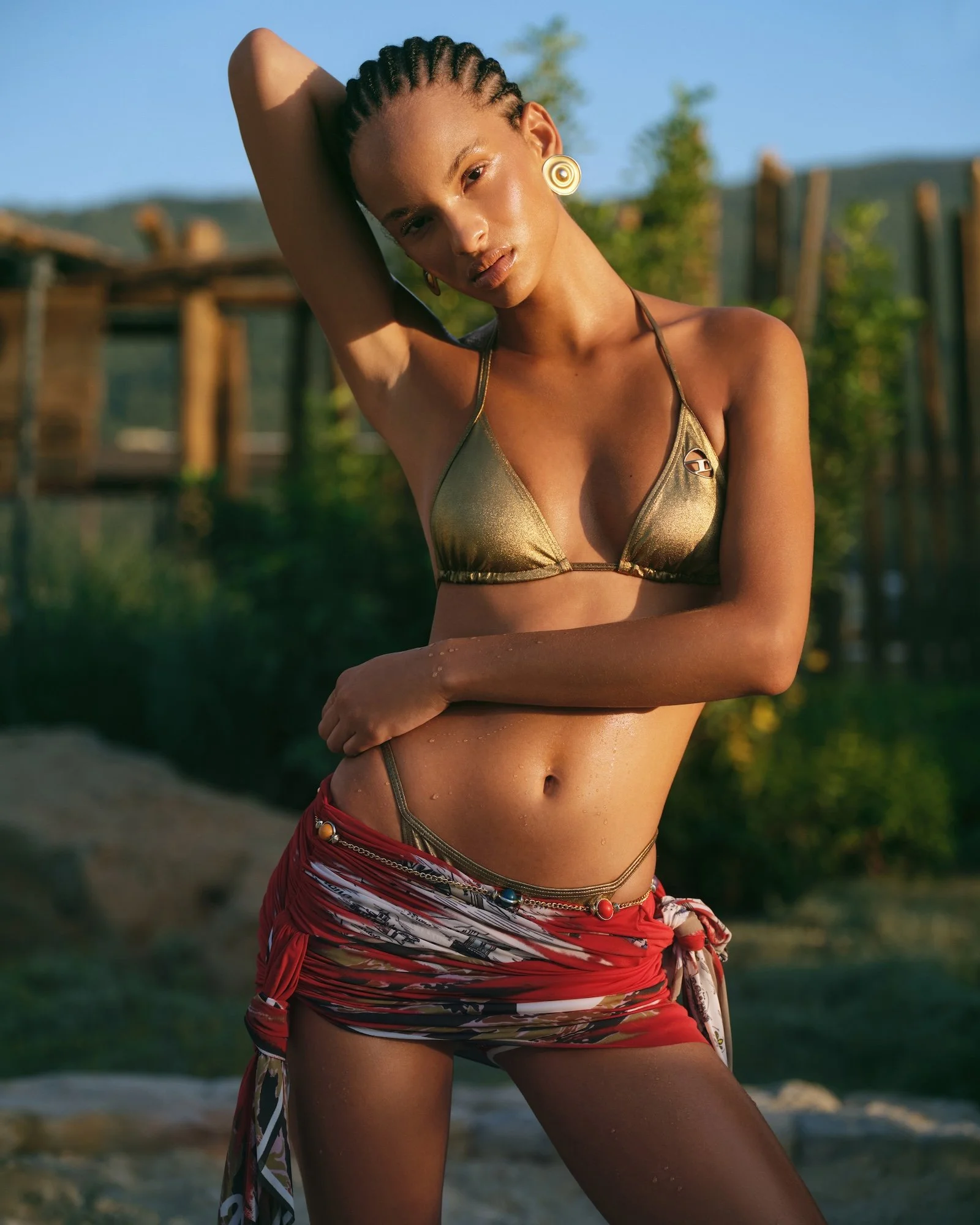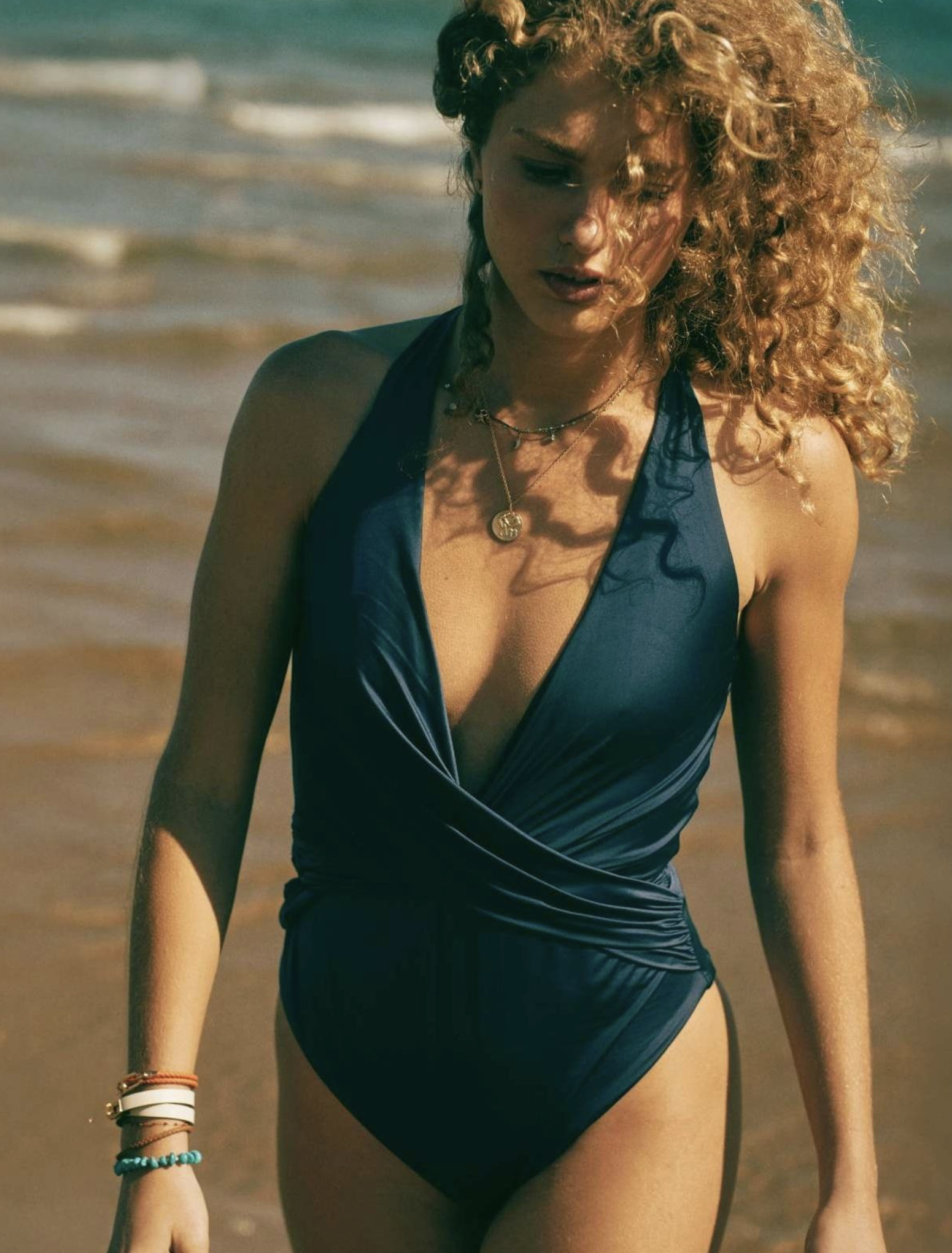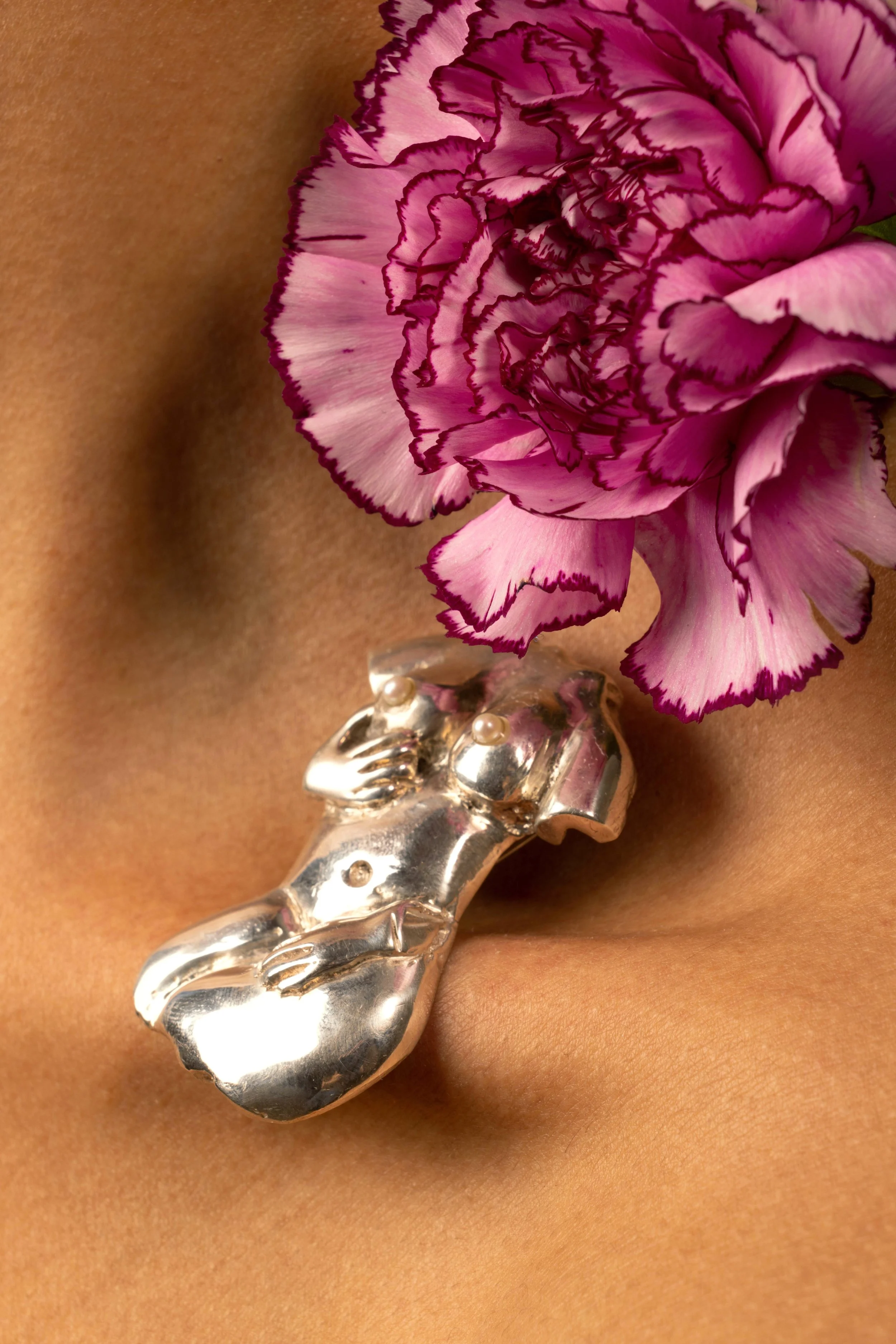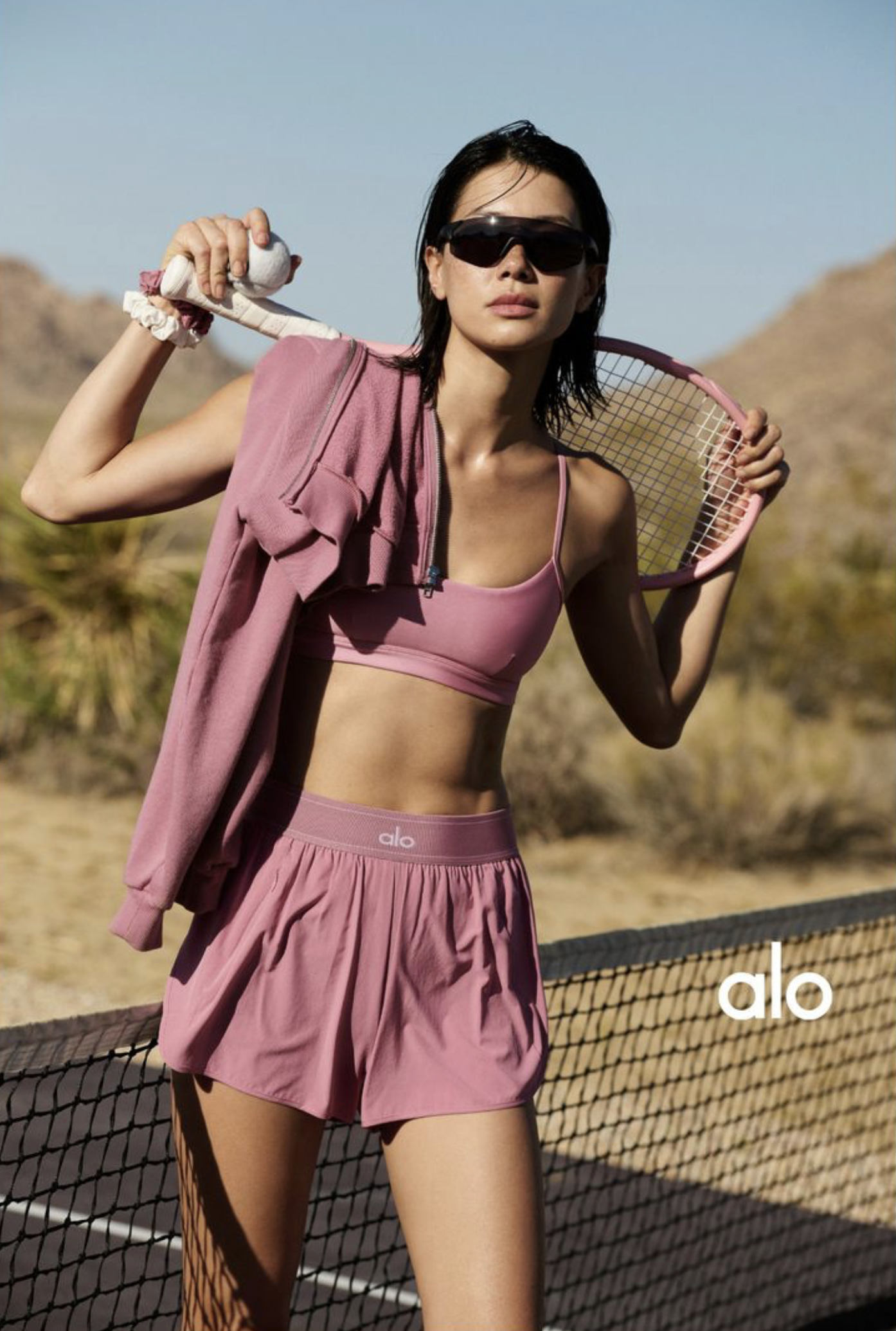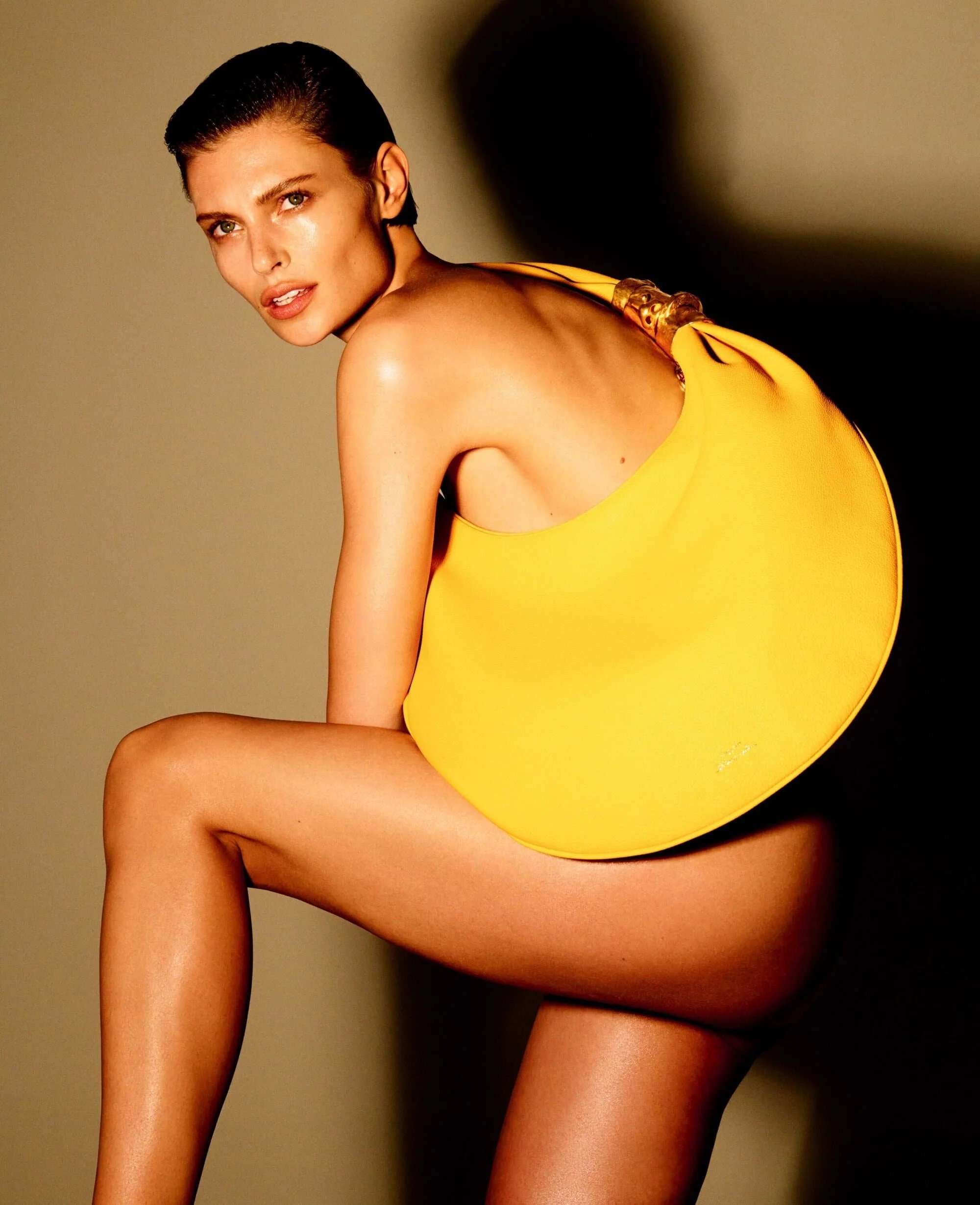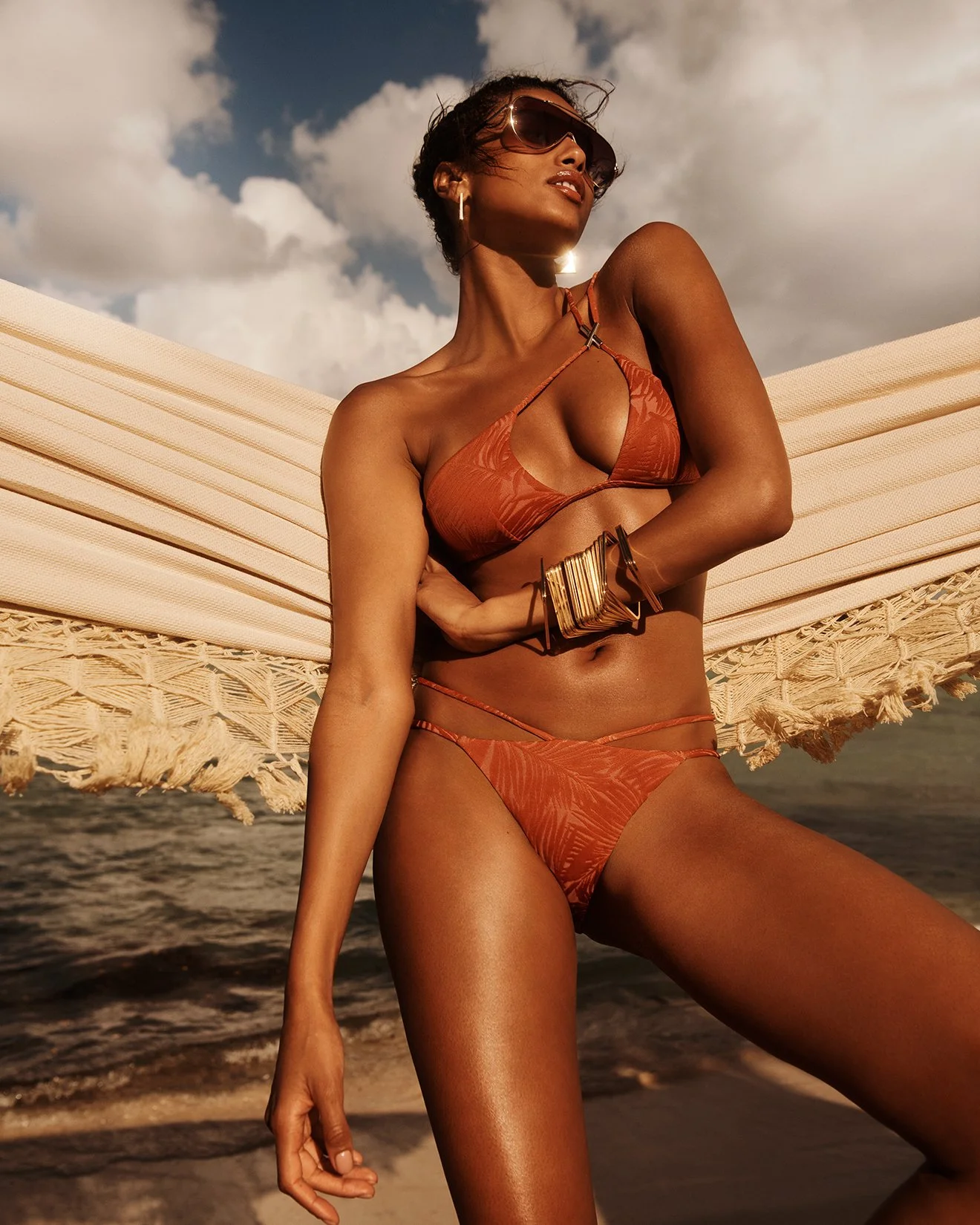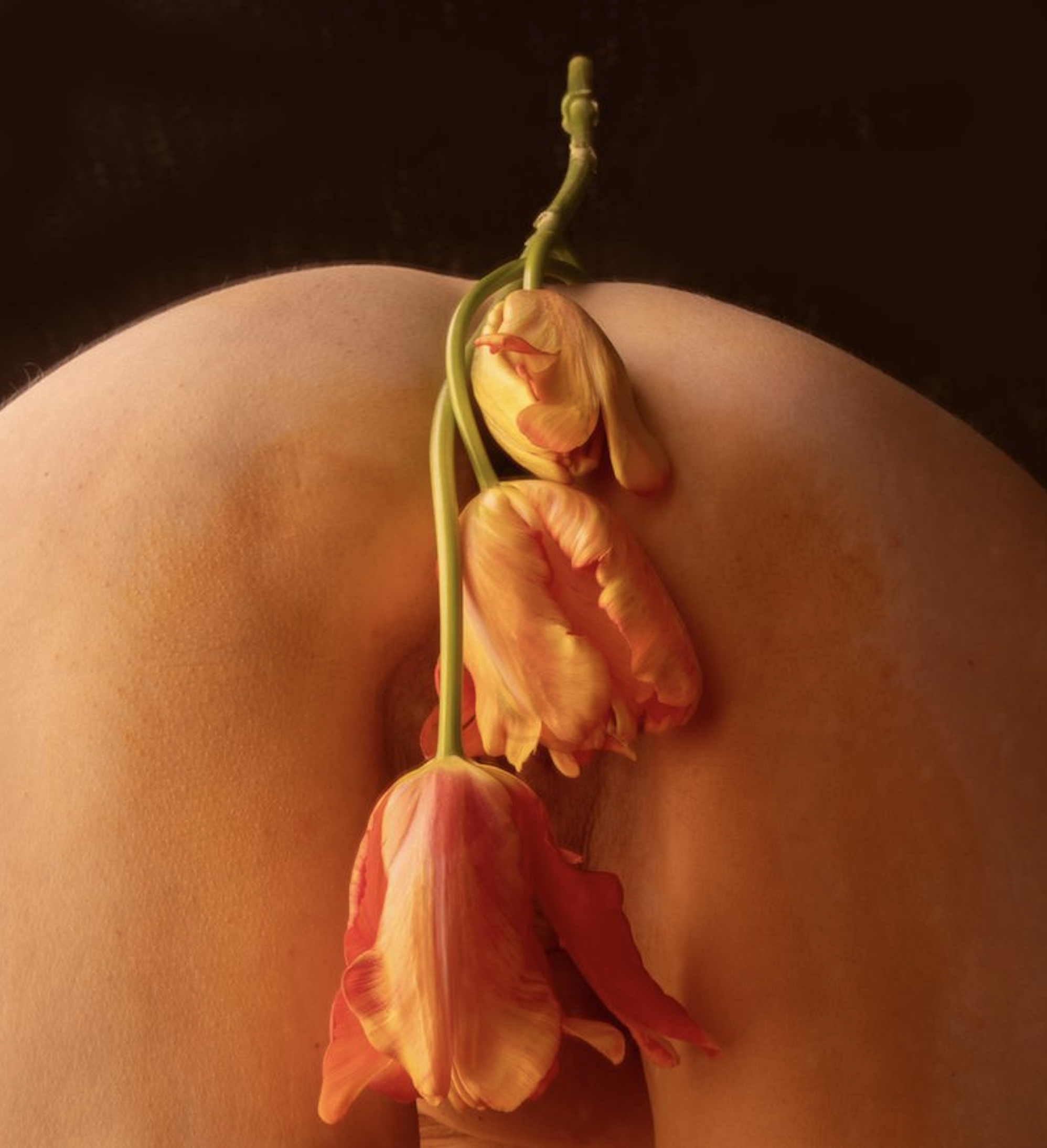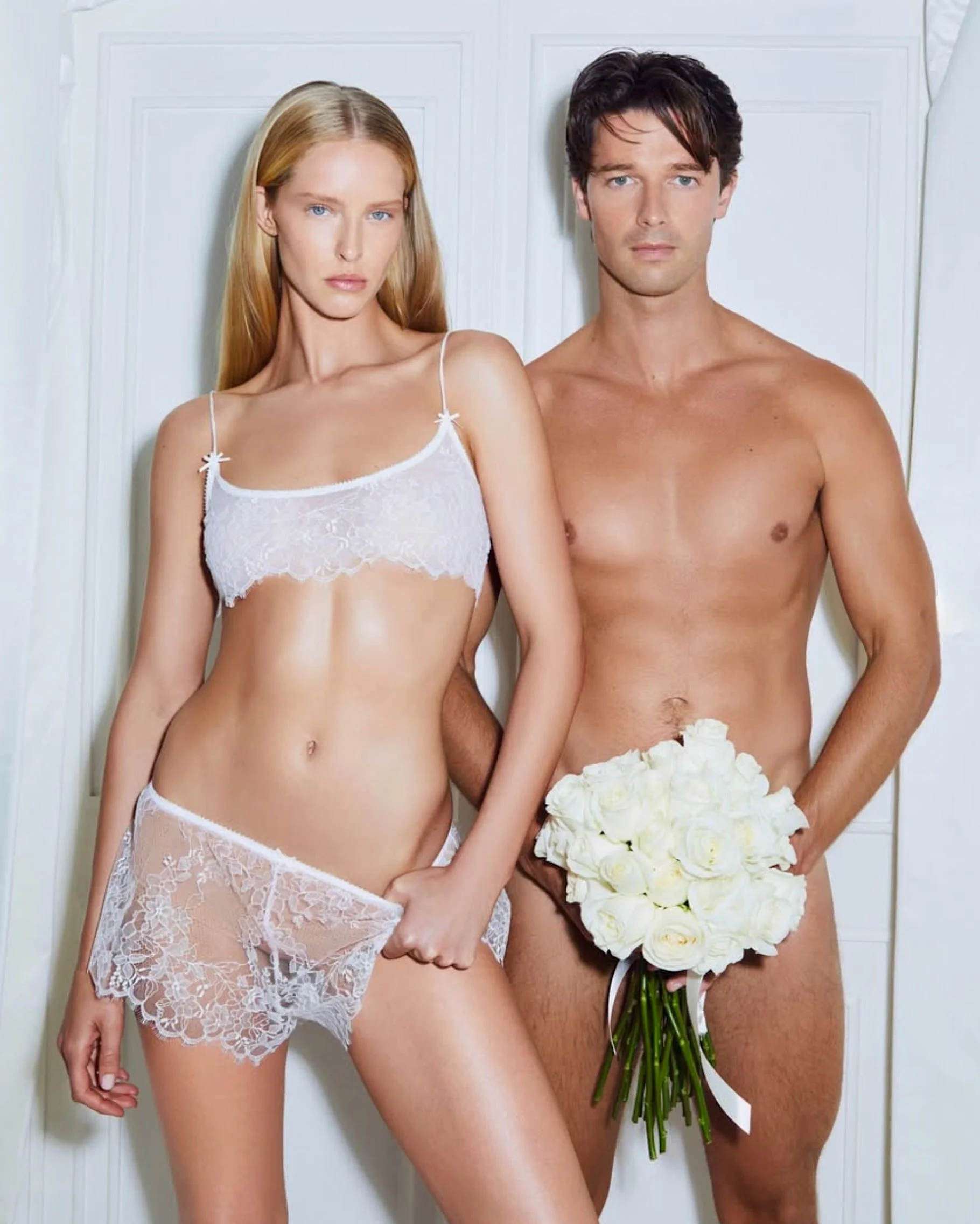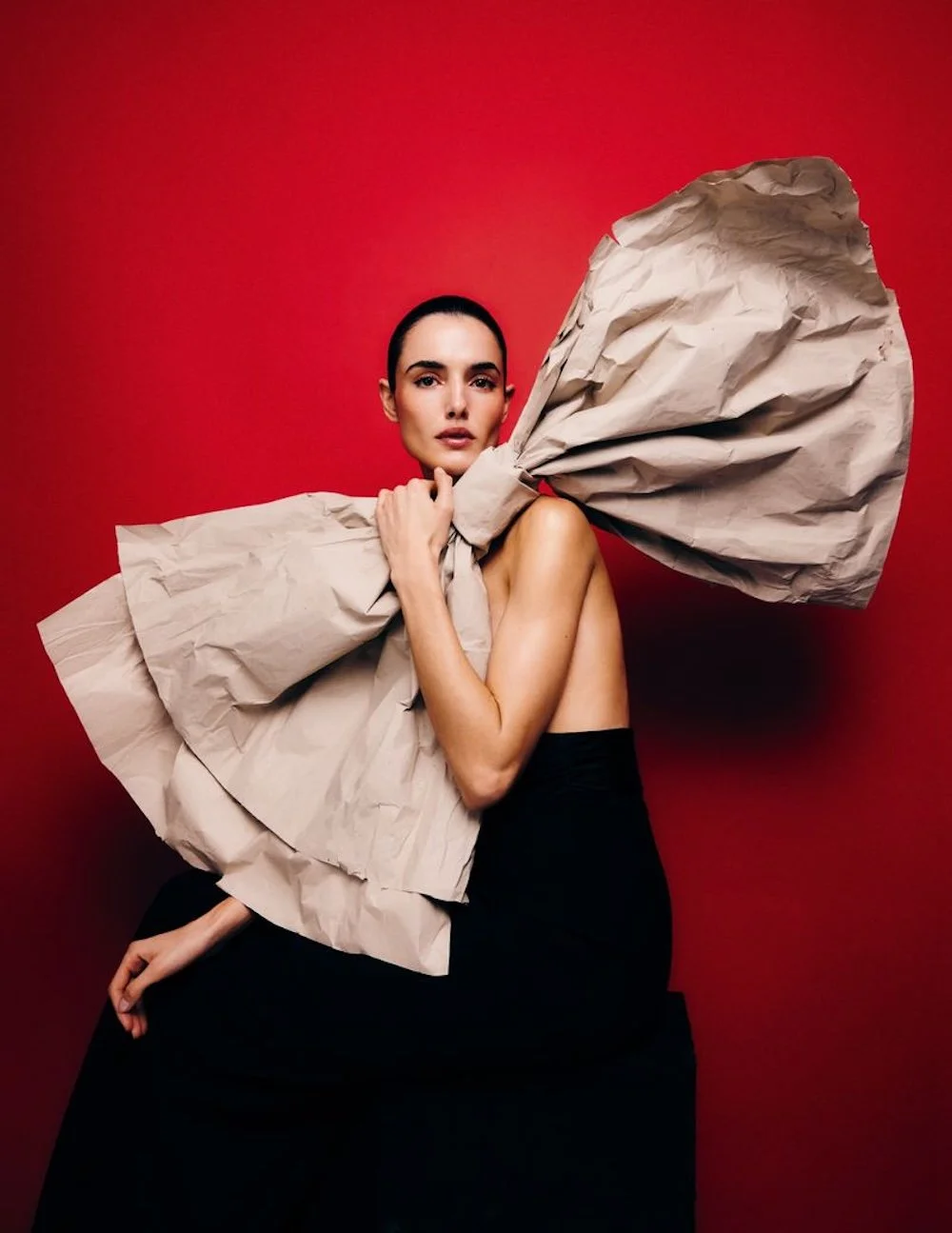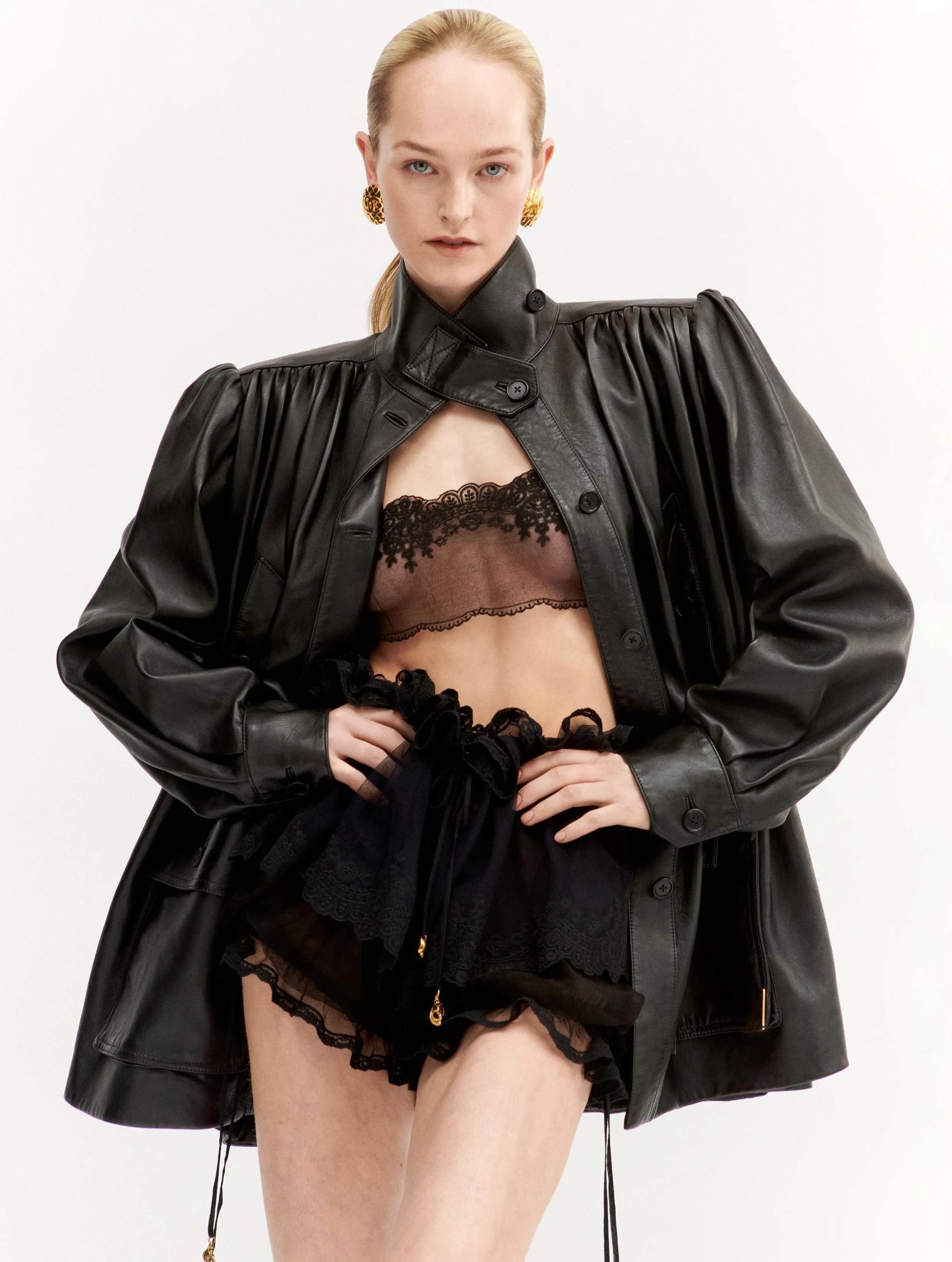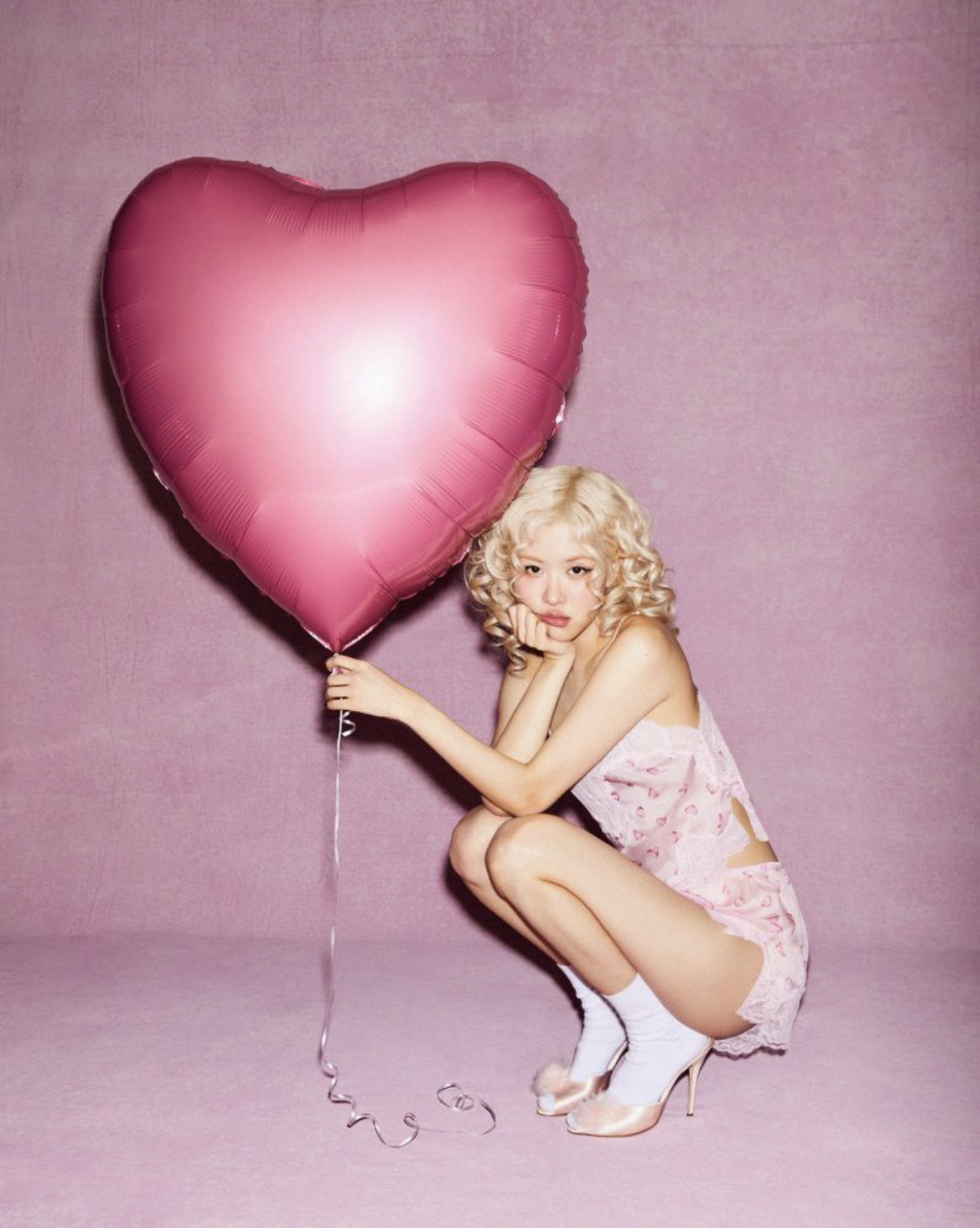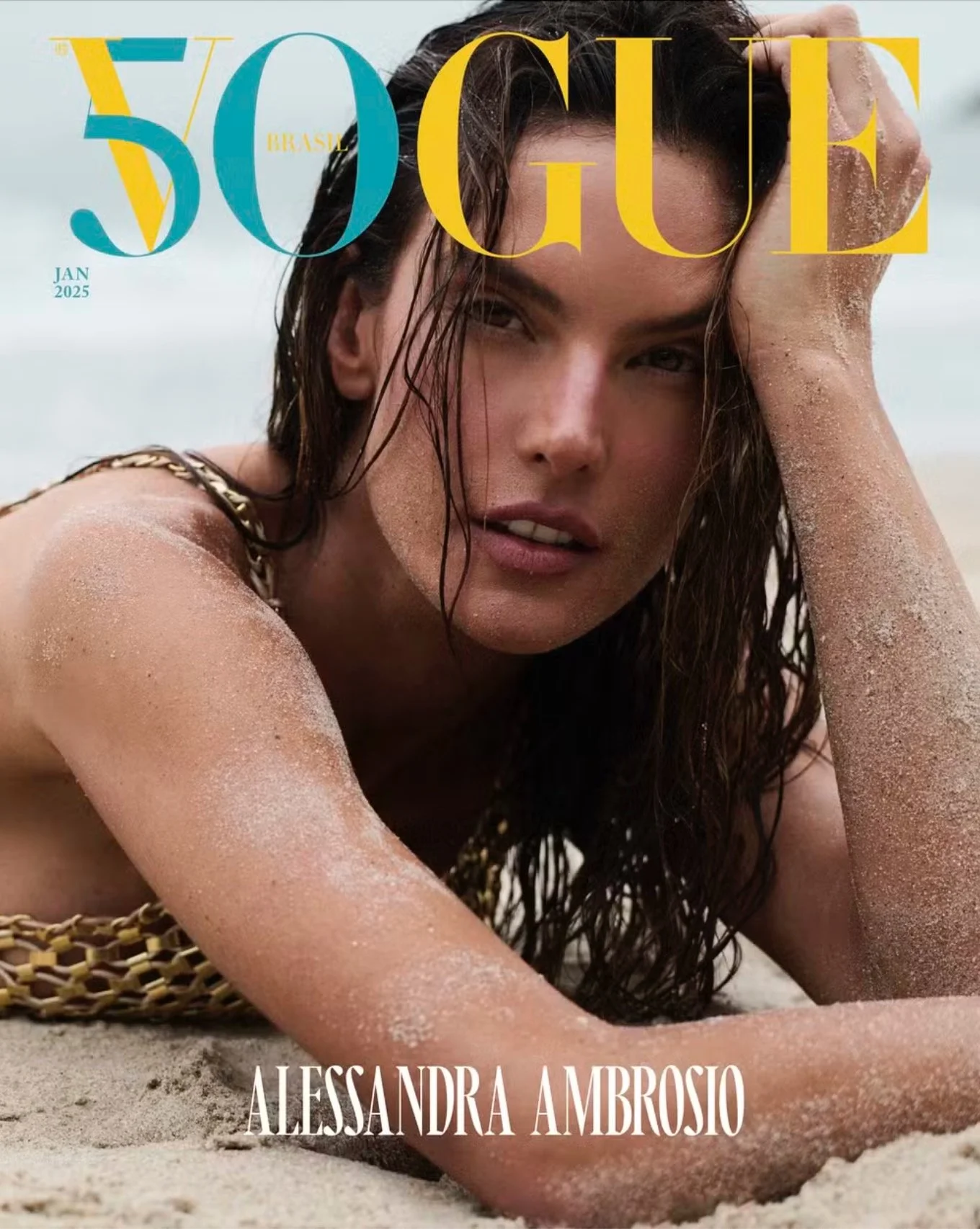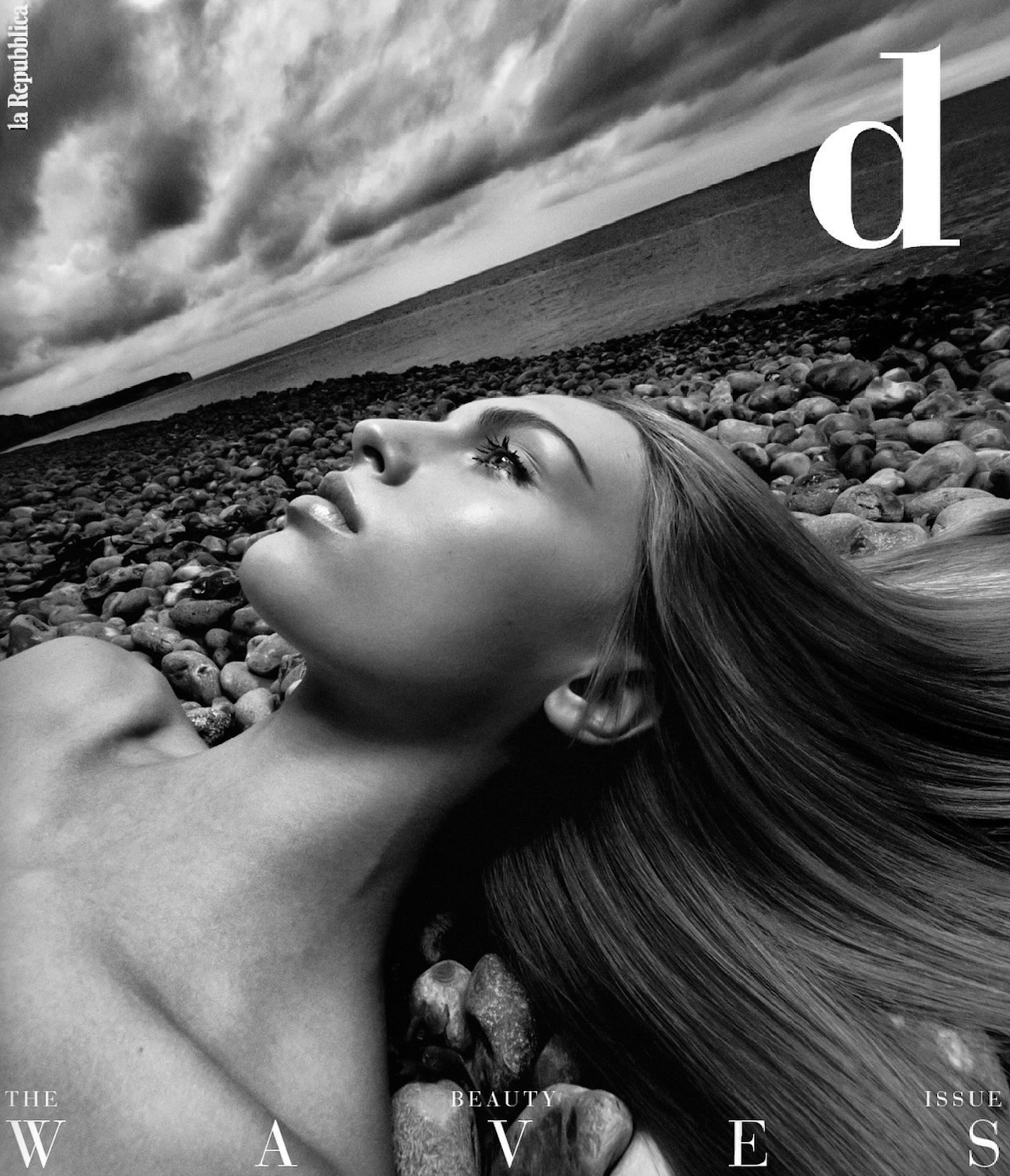New York Fashion Patriarchy | Let's Call It Real
/ Photo via Style.com. Marc Jacobs is one of the most thoughtful American designers.
Photo via Style.com. Marc Jacobs is one of the most thoughtful American designers.
‘It-girl’ model Iris Strubegger is quoted by NYT GuyTrebay this morning, saying that models give their bodies to fashion, not only in terms of the growing move to nudity, but to the industry preferences for breasts or not, muscles foreboden — no wait, get some — and all the other fashion dictates that govern daily life in the manufacturing of style.
Trebay also calls the fashion industry a conservative patriarchy, to which I say ‘Amen’. This is not to suggest that it’s ‘bad’, but let’s be honest. I’m writing vigorously on the topic these days, because it’s true.
Fashion is a patriarchy, and few designers, models, investors, ad agencies and aspiring young bloggers don’t collaborate together to keep it alive and well. The most well-intentioned, determined young designer/writer/stylist eventually is absorbed into the machine that is American fashion.
For years, I’ve consulted in the emerging intersection of soft porn and fashion. In 2009, the movement gained real traction and now it’s a steamroller. Just remember when everybody crying ‘disgusting’, conservatives buy more porn than liberals and women of all ages represent 50% of all Internet searches for the word ‘sex’.
Strubegger references the photographer Sebastian Faena — who persuaded her to appear almost naked on the night-dark streets of Barcelona in a recent issue of V Magazine — as a prime example of patriarchal values. Strubegger|Trebay cite a certain lack of decency or broken trust in her V Magazine photos.
I don’t agree with Guy Trebay that the Faena photos are so transgressive, as to make Helmut Newton’s images ‘tame’. They are of the same genre, although Newton didn’t shoot women full frontal — at least not often. And he used fetish clothing to make bolder psychological statements about his subject.
Faena’s Barcelona photos of Strubegger confront nakedness in a solo act with fewer props. Perhaps it becomes more transgressive, but it’s also America’s view of eroticism to assume that more psychological cues, clothes and props make for less transgression.
Newton is more intellectual than Faena, not ‘tamer’. Newton is also more empowering of women, whereas Faena renders Strubegger essentially a deer caught in the dark-night headlights, caged perhaps. Both men reflect the mentality of the times.
Especially American women were stronger in the 1970s. Our ‘revolution’ is all but out of gas, just like America’s energy innovations.
My ultimate goal is to eliminate the shame that women have for their bodies, but I can imagine that Strubegger has taken some heat for the editorial, probably from women most of all.
 French Vogue Feb 2010. Lamsweerde et Vinoodh Matadin
French Vogue Feb 2010. Lamsweerde et Vinoodh Matadin
Mine is not an argument against modesty, which I fully support as a matter of choice. I do support hijab but not burqas, for significant philosophical, identity reasons. With America’s dysfunctional relationship with sensuality, I would never criticize Strubegger’s decision to continue on with the photoshoot.
Presumably her contract allowed her to walk away. If she doesn’t have that freedom, once she fully understood just how few clothes she would be wearing in the V Mag shoot, then the system is even more patriarchal than I thought.
Some writers and commentators make clothes a black and white — freedom of choice or not — subject, when life is full of grey matter. Entitled to my own opinion, I do not support burqas, now that I understand they are not mandated by the Quran, which would admittedly complicate matters in my mind.
Burqas are mandated by men. Modesty is mandated by the Quran.
As Trebay suggests, there will be no revolution in fashion. Even the edgy people like Olivier Zahm, the French editor of Purple, are predictable in look and attitude. We do need more folks like Olivier Zahm, however, who caused a significant stir last week with his provocative Lindsay Lohan Christ-pose Purple cover.
We need more French and Italian Vogues, not American ones.
Perhaps admitting that morality, patriarchy, models, images and business are all fused together in New York’s fashion industry will impact our future, because bloggers aren’t bound by the same restrictions as conventional media seeking advertisers.
I must monetize Anne of Carversville soon, but I refuse to do so at the expense of the website’s voice and editorial positioning. The push forward will come by other writers and online communication experiences that press American fashion into a newer groove.
 Iris Strubegger, photographed by Sebastian Faena for V MagazineIf enough Internet truthsayers write about fashion, female sexuality and patriarchy as it really exists, New York might emerge as a more 70s kind of fashion place.
Iris Strubegger, photographed by Sebastian Faena for V MagazineIf enough Internet truthsayers write about fashion, female sexuality and patriarchy as it really exists, New York might emerge as a more 70s kind of fashion place.
I acknolwedge that Karl Lagerfeld and European fashion are equally tyrannical. But Carine Roitfeld makes consistently provocative fashion editorial statements about the issues. American Vogue wraps flags and ribbons around topics, as if we’re all nice girls marching in the parade of virtue.
Last year’s Met show about supermodels reminded us of just how conservative American fashion has become, compared to those decades when American magazines looked more like European ones.
The first step in Tiger Woods-style rehab is to admit your addiction. Especially in America, we are wedded to patriarchal attitudes and social structures, not new paradigms. With Teaparty movements and the unyielding arm of Conservatism and religious orthodoxy in America, we’re marching in step.
All socio-political models of international trends put America way behind the rest of the world on women’s equality issues, including sexuality. We call ourselves progressive, but we are increasingly Conservative and way behind the rest of the world on multiple fronts — including creativity and dynamic innovation in business.
When reason is fundamentally bad and lacking in credibility, innovation doesn’t thrive in a society.
Our patriarchal addiction is revealed in fashion and brands. Thankfully, the Ralph Lauren Photoshop debacle gave us a good opportunity to confront America’s patriarchal isms, if one moved beyond the ‘real woman’ analysis of the photos.
Redesigning women’s bodies for real or in digital art is part of a much larger values-driven American initiative. Depending on your point of view, women don’t win. For God-fearing believers, American women will triumph as modern-day good girls. In my view, we lose most of our gains from the 1970s.
Anne of Carversville is called uniquely daring on the Internet, with our comprehensive, forthright editorial position, and in-depth exploration of provocative topics.
We intend to keep it that way, and when I read a column like Guy Trebay’s today For Fashion Week, Everyone Takes the Usual Places, I know there’s a growing sentiment that wants not to offend the industry but also to call a spade a spade.
Welcome to New York City fashion industry rehab. How about an old-fashioned, American woman consciousness-raising session?
If one more woman writes about all our progress, I think I will have a physical reaction. Either that or I assume she works for ‘them’. Anne
Carine Roitfeld Inspires Women to Think in the Burqa Debate
